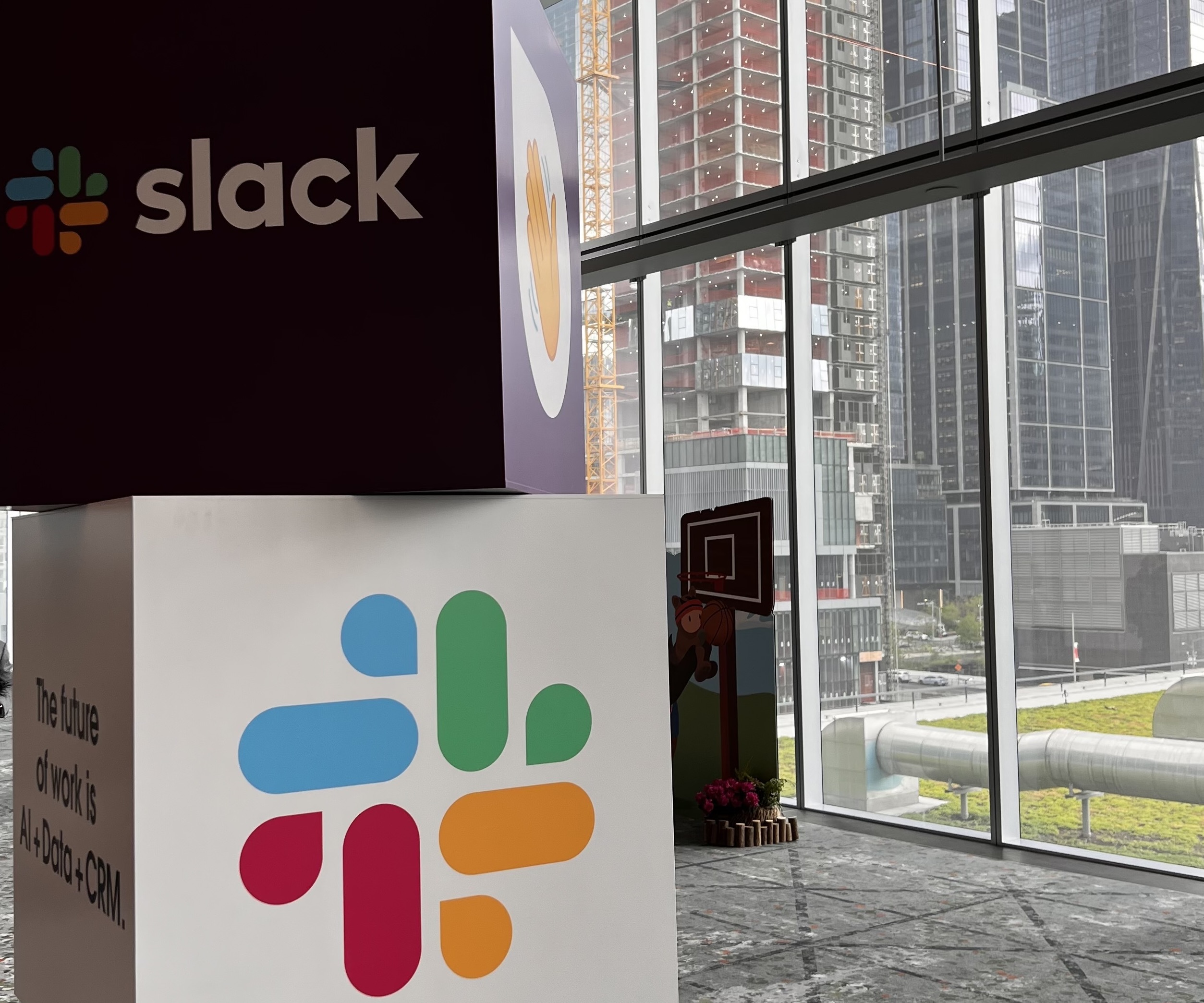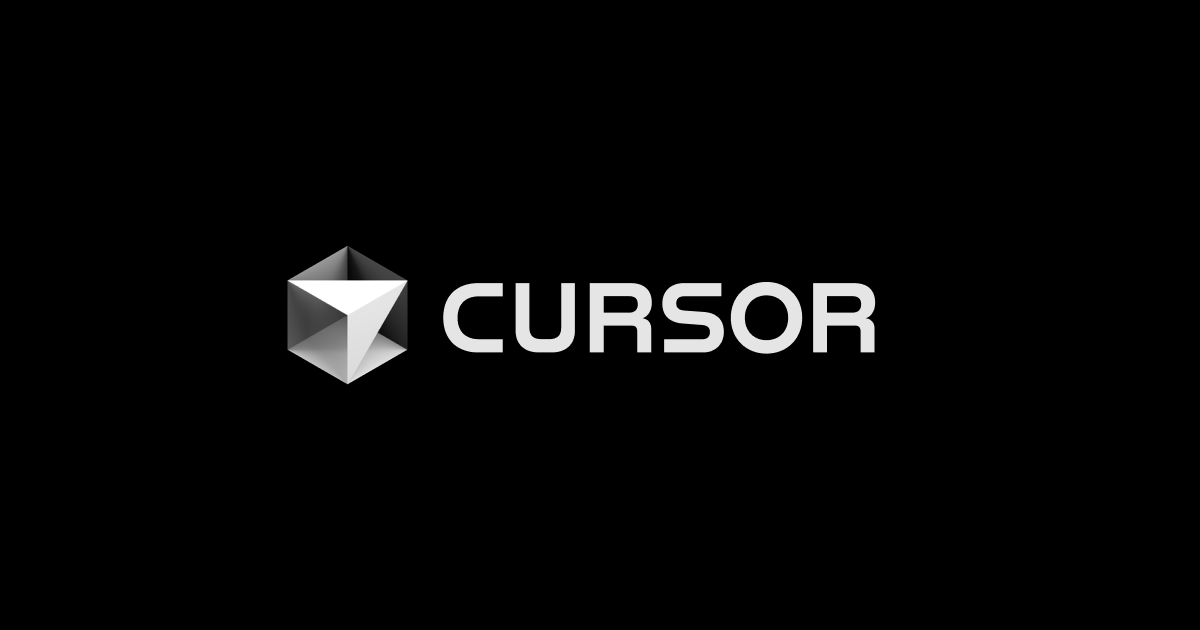
The modern enterprise, increasingly reliant on digital communication platforms like Slack, often finds itself navigating a complex landscape where efficiency can quickly devolve into disarray. This pervasive challenge, characterized by fragmented conversations, informal support requests, and a lack of actionable insights, forms the bedrock of Unthread’s mission. The burgeoning New York-based startup, led by CEO and co-founder Tom Bachant, is poised to demonstrate its innovative approach to taming this digital chaos at TechCrunch Disrupt 2025, where it has earned a coveted spot as a Startup Battlefield Top 20 finalist.
The Genesis of a Solution: Identifying the Digital Chaos
The genesis of Unthread traces back to a very relatable pain point experienced by many in the contemporary workplace: the often-overwhelming deluge of Slack messages that obscure critical information and bottleneck support processes. Tom Bachant recounts observing firsthand the chaotic nature of support requests funneled through Slack – an environment where haphazard ticketing practices, an unmanageable jumble of direct messages, and a distinct absence of insight into underlying systemic issues were the norm. This observation underscored a significant void in how companies managed internal communication and support.
"The initial catalyst was simply recognizing Slack as this sprawling, chaotic entity that desperately needed better tracking mechanisms," Bachant recalls. He further identified that a substantial portion of the work requested by various teams, often buried within these informal channels, possessed clear potential for automation. This dual realization – the need for superior organization and the opportunity for intelligent automation – laid the foundation for Unthread.
Unthread’s Core Innovation: AI-Powered, Slack-Native Support
Unthread’s offering is a sophisticated suite of AI-powered support bots designed to operate natively within Slack. Unlike generic chatbot builders, Unthread aims to fundamentally transform how internal support functions. The core objective is two-fold: to automatically resolve a significant percentage of incoming issues, thereby reducing the burden on human support teams, and to intelligently route more complex problems into structured support tickets when human intervention is necessary. This system is not merely about triage; it’s about establishing a dynamic, self-improving support infrastructure.
The company has already attracted high-profile clients, including industry giants like Intuit, the innovative insurance firm Lemonade, and the distributed workforce pioneer Automattic. These early adoptions signal a clear market demand for solutions that can integrate seamlessly into existing workflows while delivering tangible improvements in operational efficiency. The strategic decision to build a Slack-native solution is critical, acknowledging that many modern organizations have already invested heavily in Slack as their primary communication backbone. Forcing users to switch platforms for support would introduce friction, undermining the very efficiency Unthread seeks to provide.
Beyond Traditional Ticketing: A Holistic Approach
While Unthread can certainly interoperate with established ticketing systems such as Jira and Zendesk, its ambition extends beyond mere integration. In many scenarios, Unthread is designed to replace these traditional systems entirely, offering a more fluid, context-aware, and user-friendly experience directly within Slack. The inherent flexibility of its AI-based model allows Unthread to transcend departmental silos, making it equally effective for HR, legal, or finance departments, not just IT support.
Once deployed, Unthread begins to actively monitor and analyze the types of problems being reported and their origins. This continuous data collection and analysis enable the system to identify recurring issues, anticipate potential bottlenecks, and proactively suggest or implement automated solutions. The ultimate vision is to cultivate a self-updating, enterprise-wide knowledge base, evolving dynamically with the organization’s needs and problems. This proactive approach marks a significant departure from reactive support models, moving towards a system that learns and adapts.
Contemporary AI tools, particularly large language models (LLMs), are central to Unthread’s technological architecture. These LLMs imbue the system with the capacity to understand natural language queries, discern user intent, and generate relevant, contextual responses at scale. This technological backbone provides the necessary flexibility to handle a diverse array of problems. However, Bachant emphasizes that while LLMs have undeniably enhanced the user experience and product capabilities, the fundamental problem Unthread addresses—the organizational chaos of internal support—remains constant. The technology serves the problem, not the other way around.
The Evolution of Workplace Communication and AI’s Role
The landscape of workplace communication has undergone a radical transformation over the past two decades. Early 2000s workplaces often relied on email for formal communication and rudimentary instant messaging for quick queries. The advent of dedicated internal chat platforms like Slack (launched in 2013) and Microsoft Teams (2017) revolutionized this, pushing real-time, channel-based communication to the forefront. These platforms fostered greater collaboration, transparency, and a more informal work culture, particularly critical for the rise of remote and hybrid work models.
However, this shift also introduced new challenges. The sheer volume of messages, the proliferation of channels, and the ease of direct messaging led to "notification fatigue" and the scattering of critical information. Support requests, instead of being funneled through structured systems, often became informal pleas in chat channels, leading to inefficiencies, duplication of effort, and a lack of accountability. Traditional ticketing systems, while structured, often felt disconnected from the immediate flow of daily work, requiring employees to switch contexts and interfaces.
The integration of AI, specifically conversational AI and LLMs, into internal support represents the next frontier in this evolution. While AI-powered chatbots have been prevalent in external customer service for years, their application to internal enterprise support is gaining momentum. This shift leverages AI’s ability to process vast amounts of unstructured data, understand natural language, and automate repetitive tasks, bringing the efficiency gains previously seen in customer-facing roles to the internal operations of a company.
Market Landscape and the Drive for Efficiency
The market for enterprise software and internal tools is robust and fiercely competitive. Companies are constantly seeking solutions that enhance productivity, streamline operations, and improve employee experience. The "future of work" narrative, heavily influenced by remote and hybrid models, further amplifies the demand for intelligent, integrated tools that can bridge geographical and organizational divides.
Unthread operates within a niche that intersects several established markets: IT Service Management (ITSM), HR software, and general collaboration tools. Its competitive advantage lies in its Slack-native design and its AI-first approach, which allows for a more organic integration into daily workflows compared to standalone systems. From a market impact perspective, Unthread’s success could signify a broader trend where traditional, siloed enterprise software gives way to more fluid, AI-driven platforms embedded within existing communication hubs.
Socially and culturally, such solutions contribute to a more efficient and less frustrating work environment. Employees spend less time searching for answers or navigating complex support portals, leading to higher job satisfaction and improved morale. From an economic standpoint, automating routine support queries translates into significant cost savings for organizations by reducing the workload on human support staff, allowing them to focus on more complex, high-value tasks. This represents a tangible return on investment for companies adopting such technologies. The neutral analytical commentary here is that while the promise is high, successful adoption hinges on seamless integration, robust security measures, and continuous improvement based on user feedback to avoid becoming another piece of unused software.
A Founder’s Journey and Vision
Tom Bachant’s entrepreneurial journey to Unthread is marked by persistence and a keen eye for problem-solving. His first venture, Dashride, founded directly after college, focused on a ride-sharing system aimed at providing safe transportation. After Dashride’s acquisition by Cruise in 2018, Bachant embarked on an HR startup, which, though ultimately unsuccessful, further honed his understanding of internal organizational challenges. These experiences, particularly the latter, likely contributed to his insight into the pervasive issues plaguing Slack-based support.
Now, leading a lean, 10-person team based in New York, Bachant is singularly focused on expanding Unthread’s capabilities and servicing its growing roster of clients. His philosophy, rooted in extensive customer engagement, underscores a pragmatic approach to product development. "We could only achieve this because we engaged in so many conversations with our customers," Bachant states, highlighting the iterative and user-centric nature of Unthread’s development. "Having a crystal-clear understanding of who the customer is, why they value your product, and what might compel them to seek alternatives, has been instrumental in guiding our decisions." This customer-first ethos is crucial for startups aiming to solve complex, real-world problems in dynamic enterprise environments.
The Road Ahead: TechCrunch Disrupt 2025
Unthread’s selection as a Startup Battlefield Top 20 finalist at TechCrunch Disrupt 2025 is a significant milestone, providing a prominent platform to showcase its technology and vision to a global audience of investors, entrepreneurs, and tech enthusiasts. The event, scheduled for October 27-29 in San Francisco, is renowned for spotlighting groundbreaking innovations and emerging companies poised to make a substantial impact. For Unthread, it represents an invaluable opportunity to garner further attention, attract potential investors, and solidify its position as a leader in the evolving landscape of AI-powered workplace solutions. The spotlight at Disrupt could accelerate its growth, enabling it to further refine its technology and expand its reach, ultimately aiming to transform the way organizations manage internal support and communication in the digital age.







